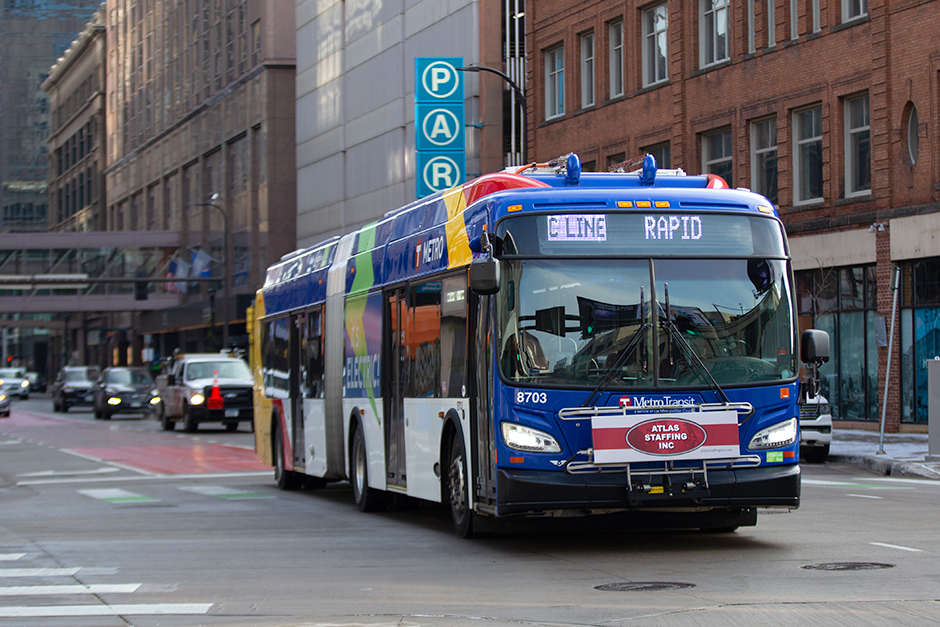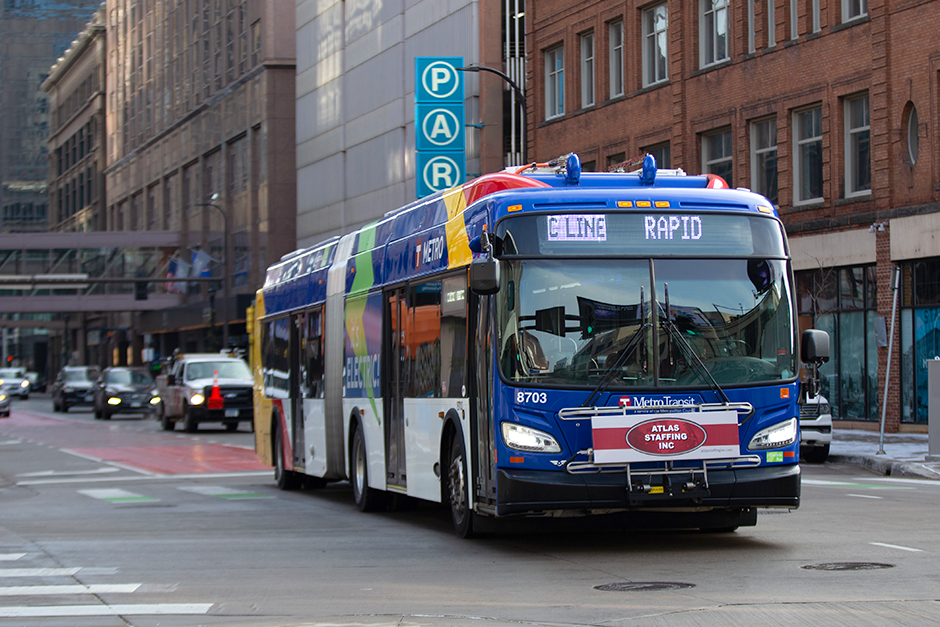mark francis
Well-Known Member
- Joined
- Jan 15, 2021
- Messages
- 17,135
Democrats have big stupid green energy plans that cannot float without massive government funding and that collapse when hit with realities that cannot be legislated away. The US government has given tens of millions of dollars to help create and support electric vehicle manufacturing and big cities have received tens of millions of dollars from the federal government to buy electric buses, but there are serious problems with the end results of those expensive government experiences. They do not work.
Minnesota Cities Went All-In for Electric Transit, But the Buses Couldn’t Handle the Cold (msn.com) 12-26-23
Minnesota Cities Went All-In for Electric Transit, But the Buses Couldn’t Handle the Cold
Virtue-signaling liberalism is fighting another losing battle with reality.
On Wednesday, the Minnesota-focused news outlet MinnPost reported that several of the state's largest cities have encountered significant obstacles in their quest to achieve planet-friendly public transit.
Frigid temperatures and a myriad of other problems have plagued Duluth and the Twin Cities of Minneapolis and St. Paul during their transition to zero-emission buses.
In subzero conditions -- a staple of Minnesota winters -- electric buses operate at only a fraction of their supposed 150-mile capacity.
Drew Kerr, spokesman for Twin Cities Metro Transit, explained that charged buses travel far shorter distances than manufacturers advertised.
“Using garage chargers alone, electric buses can remain in service for 70 to 75 miles before needing to return to the garage; with on-route chargers, electric buses were scheduled to be in service for up to 90 miles before returning to the garage,” Kerr said.
Duluth spokesman Dave Clark noted that the city has experienced significant problems with charging stations.
“They would fail. They would not perform. They would experience malfunctions, glitches. They were extremely problematic right out of the gate,” Clark said.
Minnesota Cities Went All-In for Electric Transit, But the Buses Couldn’t Handle the Cold (msn.com) 12-26-23
Minnesota Cities Went All-In for Electric Transit, But the Buses Couldn’t Handle the Cold
Virtue-signaling liberalism is fighting another losing battle with reality.
On Wednesday, the Minnesota-focused news outlet MinnPost reported that several of the state's largest cities have encountered significant obstacles in their quest to achieve planet-friendly public transit.
Frigid temperatures and a myriad of other problems have plagued Duluth and the Twin Cities of Minneapolis and St. Paul during their transition to zero-emission buses.
In subzero conditions -- a staple of Minnesota winters -- electric buses operate at only a fraction of their supposed 150-mile capacity.
Drew Kerr, spokesman for Twin Cities Metro Transit, explained that charged buses travel far shorter distances than manufacturers advertised.
“Using garage chargers alone, electric buses can remain in service for 70 to 75 miles before needing to return to the garage; with on-route chargers, electric buses were scheduled to be in service for up to 90 miles before returning to the garage,” Kerr said.
Duluth spokesman Dave Clark noted that the city has experienced significant problems with charging stations.
“They would fail. They would not perform. They would experience malfunctions, glitches. They were extremely problematic right out of the gate,” Clark said.

![relaxing-outside-smiley-emoticon[1].gif relaxing-outside-smiley-emoticon[1].gif](https://www.houseofpolitics.com/data/attachments/9/9803-581aa3adf5fd8cf2efe03ad431d1514e.jpg)
![kids+laughing[1].jpg kids+laughing[1].jpg](https://www.houseofpolitics.com/data/attachments/9/9804-669611be60c6f349cdc7e748d8b6d70a.jpg)


